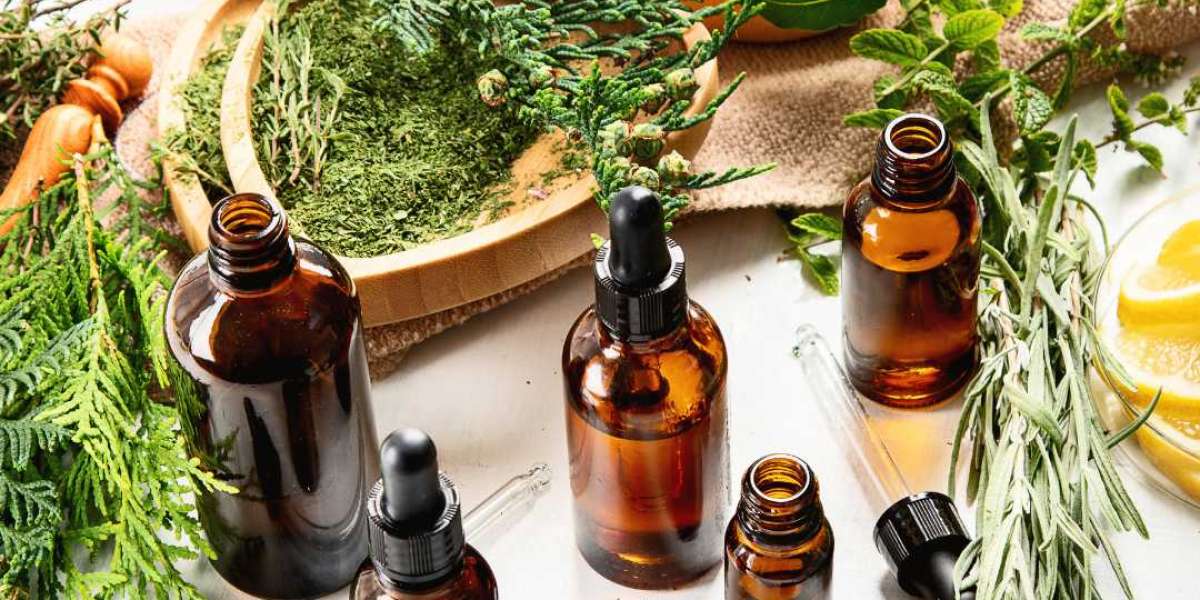What Are Essential Oils?
Essential oils are highly concentrated, volatile compounds derived from various parts of plants, including flowers, leaves, stems, and roots. These oils embody the essence of the plant, capturing its unique fragrance and therapeutic properties. It's truly nature's gift to our senses and holistic well-being.
Extraction Methods: Unveiling Nature's Secrets
Understanding how these precious oils are extracted is crucial in appreciating their potency. There are several extraction methods, each revealing different facets of a plant's aromatic profile. Common techniques include steam distillation, cold pressing, and solvent extraction.
- Steam Distillation: This traditional method involves passing steam through plant material, causing the essential oil to evaporate. The steam is then condensed, resulting in a separation of water and the concentrated essential oil.
- Cold Pressing: Primarily used for citrus fruits, cold pressing involves mechanically pressing the peel to release the essential oil. This method retains the vibrant, fresh aroma of citrus oils.
- Solvent Extraction: This method employs solvents like hexane to extract essential oils from delicate flowers. After extraction, the solvent is removed, leaving behind a highly concentrated oil.
A Symphony of Aromatic Compounds
Essential oils are not just single-note wonders; they are symphonies of diverse aromatic compounds. These include terpenes, aldehydes, ketones, and phenols, each contributing to the oil's unique fragrance and therapeutic effects. For instance, the calming aroma of lavender can be attributed to linalool, while the invigorating scent of peppermint is due to menthol.
The Importance of Sourcing Quality Oils
As an aromatherapist, I cannot overstate the significance of sourcing high-quality essential oils. The purity and authenticity of oils directly impact their therapeutic value. Opt for oils obtained from reputable suppliers who prioritise sustainable practices and provide detailed information about the oil's botanical origin.
Impact of Extraction Methods on Therapeutic Properties
Variations in extraction methods influence the chemical composition of essential oils, thereby affecting their therapeutic properties. For instance, steam-distilled oils may retain more of the plant's volatile compounds, while cold-pressed oils may showcase a brighter, fresher aroma.
Understanding the Basics: A Fundamental Step
Before diving into more specific topics within aromatherapy, it's crucial to grasp the fundamentals. Familiarising yourself with the extraction methods, aromatic compounds, and sourcing considerations lays a solid foundation for more in-depth exploration. This knowledge empowers you to make informed decisions and enhances your ability to create effective and safe blends.
In conclusion, essential oils are not just fragrant liquids in tiny bottles; they are botanical treasures with a rich tapestry of scents and healing properties. By understanding their extraction methods, aromatic compounds, and the importance of quality sourcing, we embark on a journey of appreciation for the intricate world of aromatherapy. Stay tuned for more insightful explorations into the aromatic wonders that nature graciously offers us. Until next time, breathe deeply and embrace the essence of well-being!
https://thegreydoor.co.uk/product-category/botanicals/pure-aromatherapy-blends/









Jenny McDonald 1 Y
#MIBVisible So interesting, thank you for sharing, I feel i need to learn more about essential oils!